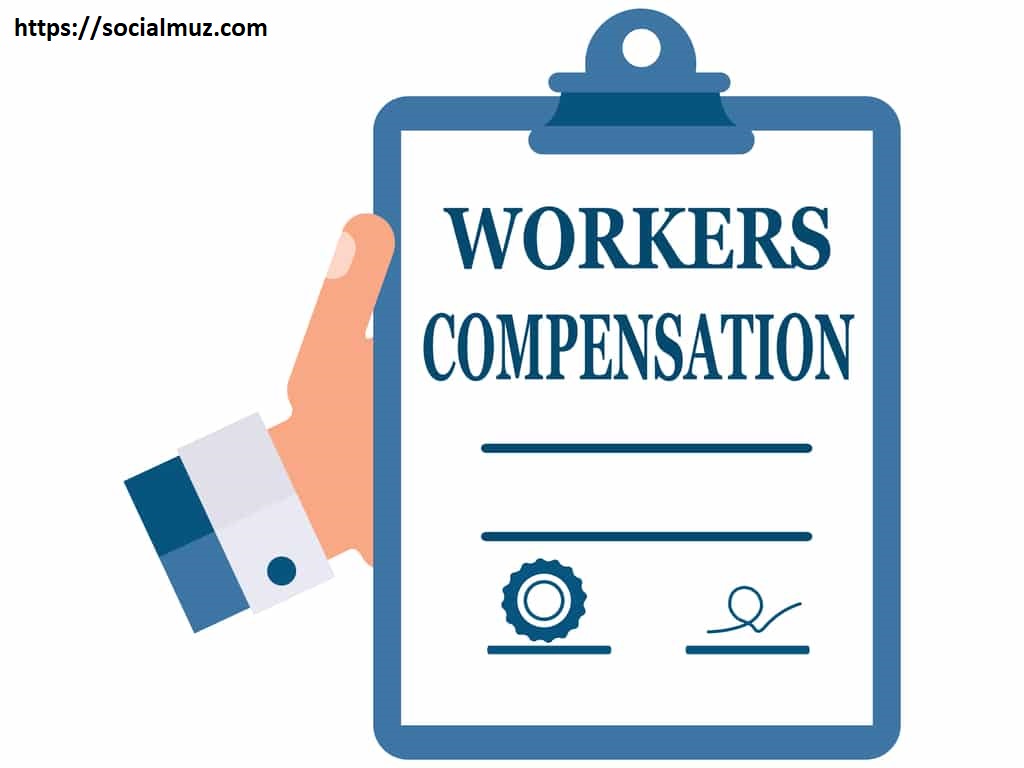Workers’ compensation insurance is a type of insurance that provides benefits to employees who are injured or become ill while on the job. It is a vital protection for both employers and employees, as it helps ensure that injured workers are able to receive the medical care and financial support they need, while also protecting employers from potential lawsuits.
In this article, we will provide an overview of workers’ compensation insurance, including what it covers, how it works, and who is eligible for benefits. We will also discuss the responsibilities of both employers and employees when it comes to workers’ compensation insurance.

What is Workers’ Compensation Insurance?
Workers’ compensation insurance is a type of insurance that provides benefits to employees who are injured or become ill while on the job. These benefits may include:
- Medical care and treatment
- Wage replacement (usually a percentage of the employee’s salary)
- Vocational rehabilitation (if the employee is unable to return to their previous job)
- Death benefits (if the employee dies as a result of their injury or illness)
Workers’ compensation insurance is typically provided by employers and is mandatory in most states. The exact requirements and regulations governing workers’ compensation insurance vary by state, but all states require employers to provide some form of workers’ compensation coverage to their employees.
How Does Workers’ Compensation Insurance Work?
When an employee is injured or becomes ill on the job, they must report the incident to their employer as soon as possible. The employer must then file a workers’ compensation claim with their insurance carrier. The insurance carrier will then investigate the claim and determine whether or not to approve the employee’s benefits.
If the claim is approved, the insurance carrier will provide benefits to the employee, which may include medical care, wage replacement, vocational rehabilitation, and/or death benefits. The exact amount of benefits and duration of coverage will depend on the state’s regulations and the specific details of the employee’s injury or illness.
Who is Eligible for Workers’ Compensation Benefits?
In order to be eligible for workers’ compensation benefits, an employee must meet certain criteria. These criteria may include:
- Being an employee of the company (independent contractors are typically not eligible for workers’ compensation benefits)
- Suffering an injury or illness that is related to their job duties
- Reporting the injury or illness to their employer in a timely manner
- Filing a workers’ compensation claim with their employer’s insurance carrier
It is important to note that employees who are injured or become ill while under the influence of drugs or alcohol or who engage in willful misconduct may not be eligible for workers’ compensation benefits.
Employer Responsibilities for Workers’ Compensation Insurance
Employers have a number of responsibilities when it comes to workers’ compensation insurance. These responsibilities may include:
- Providing workers’ compensation insurance coverage to all eligible employees
- Posting notices and information about workers’ compensation insurance in the workplace
- Reporting workplace injuries and illnesses to the insurance carrier in a timely manner
- Cooperating with the insurance carrier’s investigation of workers’ compensation claims
- Providing injured employees with information about their rights and benefits under workers’ compensation insurance
- Taking steps to prevent workplace injuries and illnesses
Employee Responsibilities for Workers’ Compensation Insurance
Employees also have responsibilities when it comes to workers’ compensation insurance. These responsibilities may include:
- Reporting workplace injuries and illnesses to their employer as soon as possible
- Seeking medical care and treatment for their injury or illness
- Cooperating with the insurance carrier’s investigation of their workers’ compensation claim
- Following their doctor’s instructions and attending all necessary medical appointments
- Returning to work as soon as they are medically able to do so
It is important for both employers and employees to understand their responsibilities when it comes to workers’ compensation insurance. Failure to More







